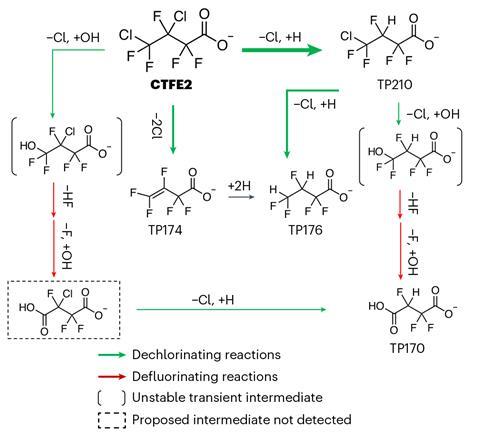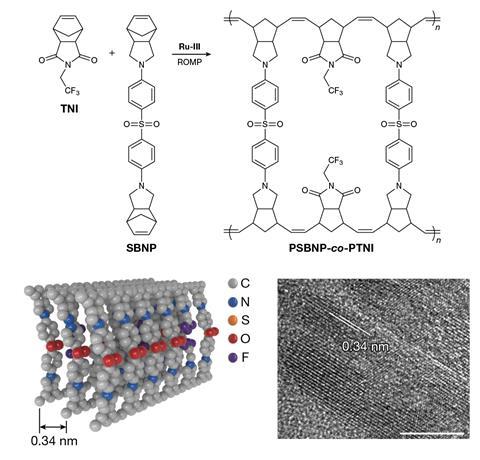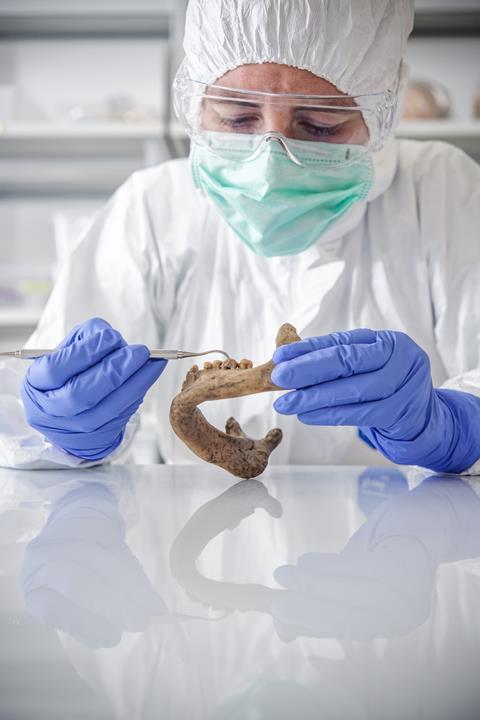Chlorinated per- and polyfluoroalkyl substances (PFAS) have been degraded using microbes, offering a new way to tackle these persistent pollutants that have been dubbed ‘forever chemicals’ by the media. A University of California, Riverside team in the US reports that a specific class of PFAS, chlorinated polyfluorocarboxylic acids, can be broken down by the action […]
Read More








